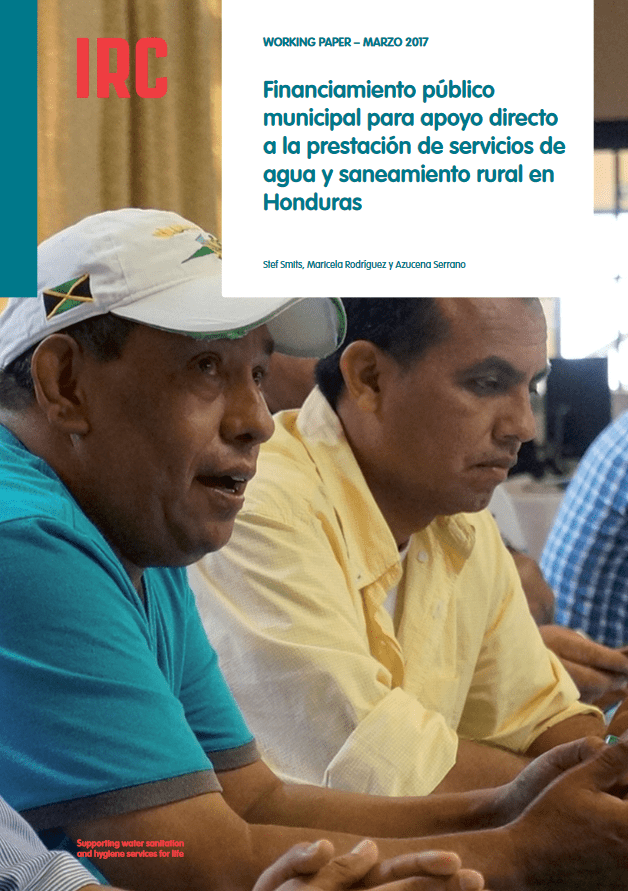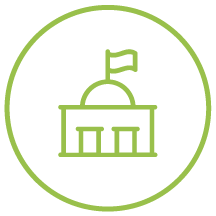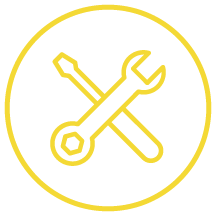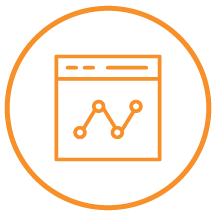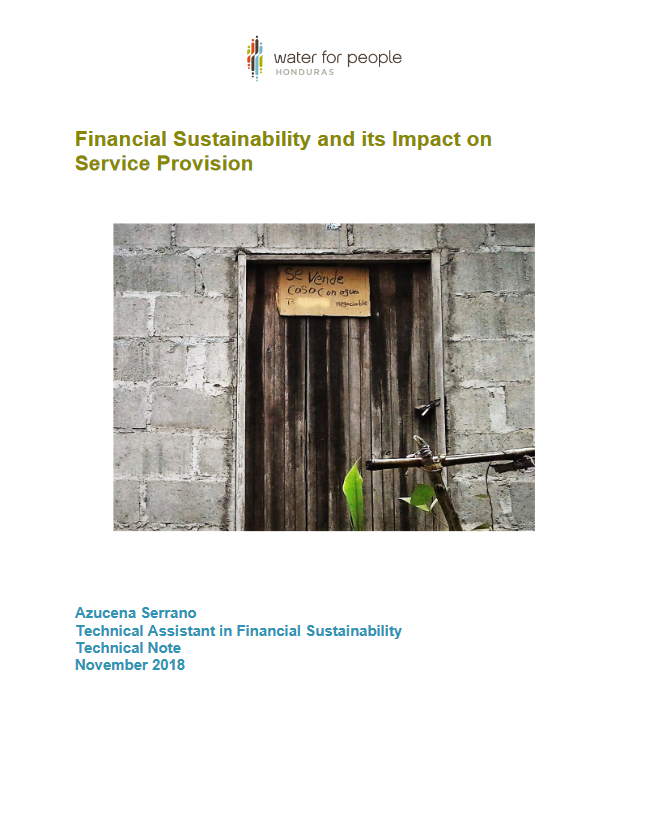Honduras
Agenda for Change members working on systems approaches
Please note this is a summary of information. You can learn more on the PTPS website (in Spanish).
Agenda for Change members working in Honduras are CARE, Catholic Relief Services, HELVETAS, IRC, and Water For People.
Currently, the Para Todos Por Siempre (PTPS) movement has a membership of 19 Non-Governmental Organizations (NGOs) – 5 of which are members of Agenda for Change – and 2 Government Organizations committed to promoting, together with other local actors, the implementation of the principles of universality, quality, and sustainability in at least 28 municipalities in the next 10 years.
Systems strengthening activities
The PTPS movement, with the support of Water for People, IRC and Osprey Foundation, has facilitated collective, innovative, and comprehensive actions to strengthen the WASH system in coordination with local, municipal, and national stakeholders. Alongside PTPS, Water For People has supported the application of 5 life-cycle costing tools across 14 municipalities, leading to increased tariffs for covering service delivery costs. Currently, there are 28 municipalities of the country that are associated and committed to promoting actions that will allow their inhabitants to have universal access to potable water and sanitation services, with quality and sustainability.
Country Collaboration Representative
Para Todos Por Siempre
Other partners
Entities of the Central Government
CONASA, ERSAPS, SANAA, Ministry of Health, Ministry of Education, Secretariat of Natural Resources and Environment, ICF, among others
Local Governments
Municipalities, Mancomunidades, AMHON
All others
Municipal Commission for Drinking Water and Sanitation (COMAS), Supervision and Local Control Unit (USCL), Non-Governmental Organizations (NGO), Providers of Drinking Water and Sanitation Services and their Associations
Accomplishments
- Involvement of national government WASH authorities and institutions committed and open to the systems approach, as partners of PTPS.
- Joint system review and diagnostic with national and municipal level perspectives that help to identify and prioritize system strengthening actions.
- Establishment of the WASH authorities coordination committee to improve the system functioning and results.
- Recognition of PTPS as a multiple actor coordination platform that facilitates joint work for systems strengthening actions, linking the municipal and national levels.
Challenges
- Low priority and support of the high central government authorities for WASH systems approaches.
- Poor capacities of authorities, institutions, and local actors at the municipal level.
- Low operational and technical capacities of some PTPS partners, including the WASH authorities, to facilitate the road maps and the systems approach.
- Lack of financial sustainability of PTPS to continue functioning as a coordination platform that facilitates and supports the systems strengthening processes.
- Weak interactions between the WASH system and other external systems like health, natural resources, and the environment.
The PTPS movement works with municipal governments and local actors in 28 municipalities with more than 500,000 inhabitants.
– Martín Rivera, Para Todos Por Siempre
How strong are the systems?
To determine how well systems are working, we rely on data derived from Building Blocks, which are manageable ‘sub-systems’ that can be supported and strengthened. Certain building blocks may be more strongly developed or applied at district or national level. Interactions between building blocks are essential.
National level
Building Block
Water
Sanitation
Hygiene

Planning

Finance

Regulation & Accountability
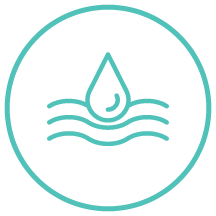
Water Resource Management

Learning & Adaptation
Enter a quote here
National
Local
National


PDF Download
National Systems to Support Drinking-Water, Sanitation and Hygiene: Global Status Report 2019
Local
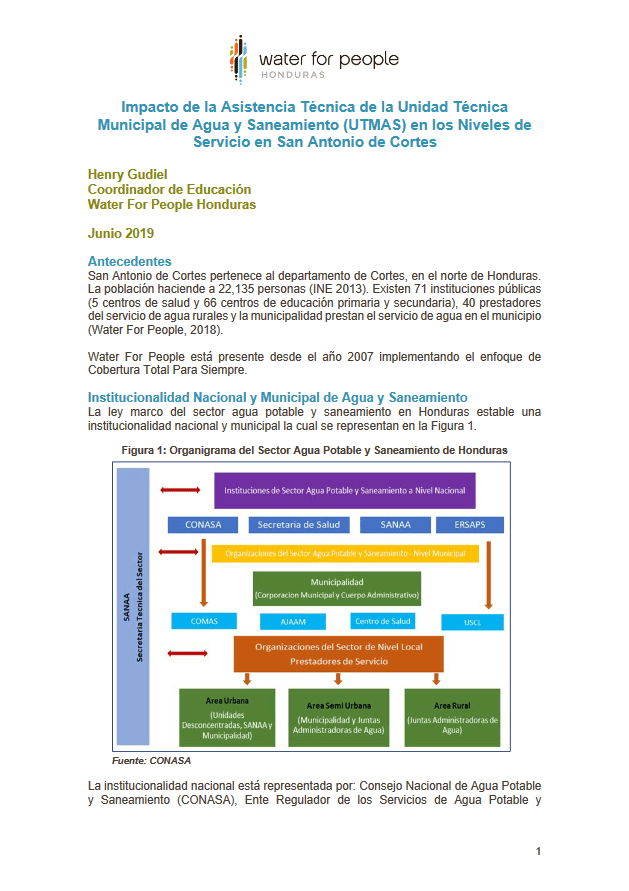
PDF Download
Impacto de la Asistencia Técnica de la Unidad Técnica Municipal de Agua y Saneamiento (UTMAS) en los Niveles de Servicio en San Antonio de Cortes
